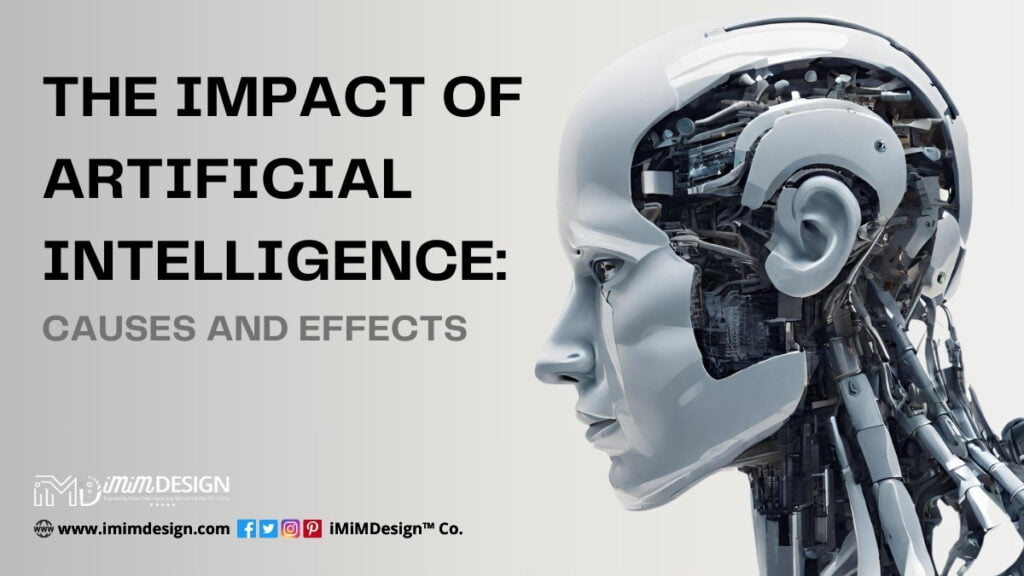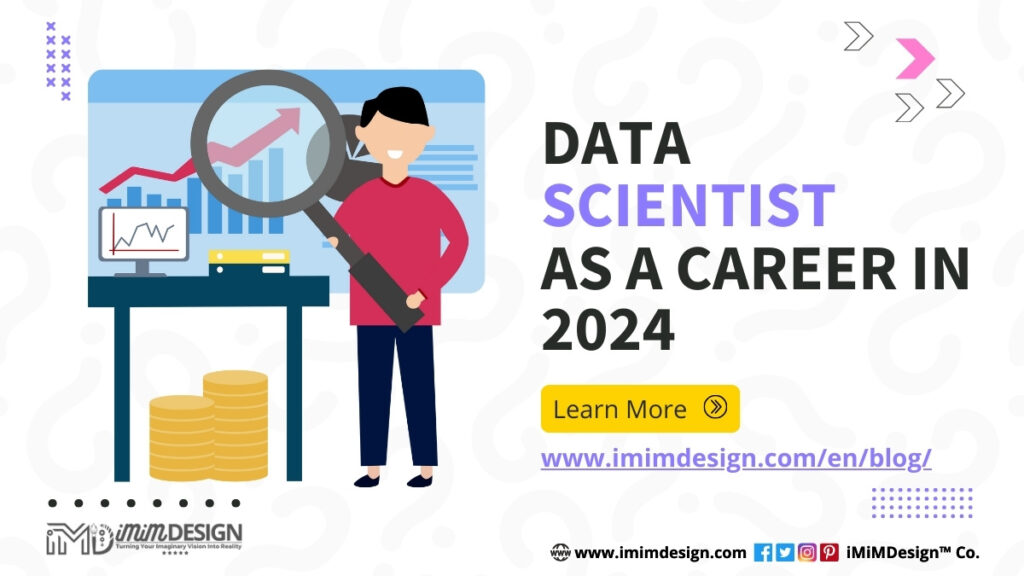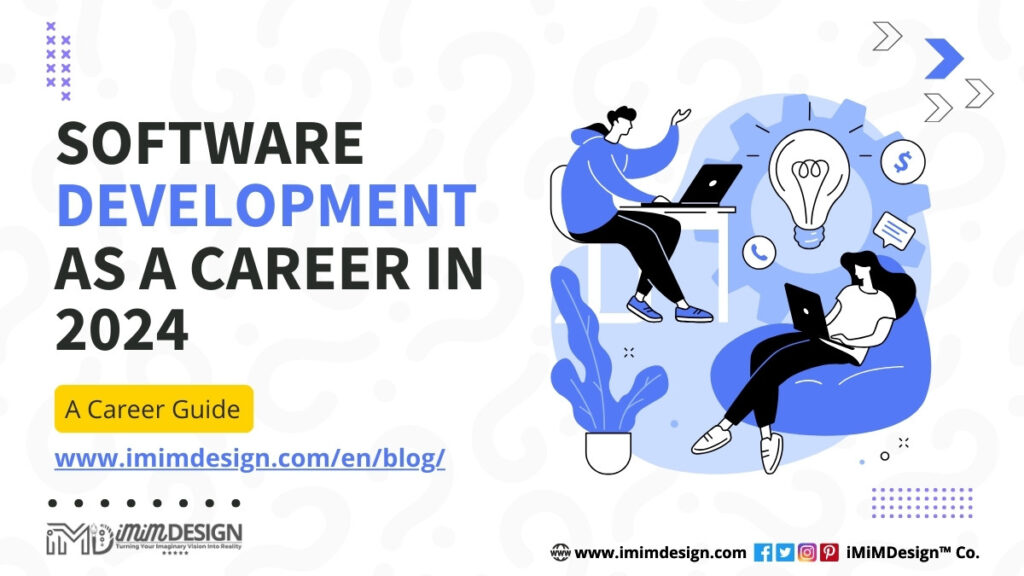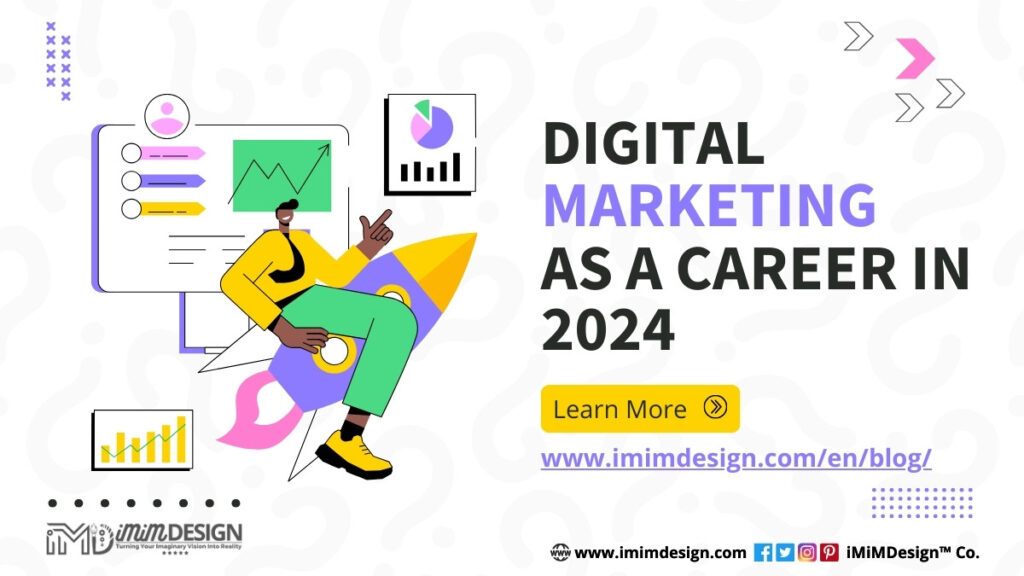The Impact of Artificial Intelligence in Today’s World: Artificial Intelligence (AI) has emerged as a transformative force in today’s world, revolutionizing various sectors and reshaping the way we live, work, and interact. This article explores the causes and effects of AI in contemporary society, shedding light on the profound changes it has brought and continues to bring.
I. Causes of the Artificial Intelligence (AI) Revolution
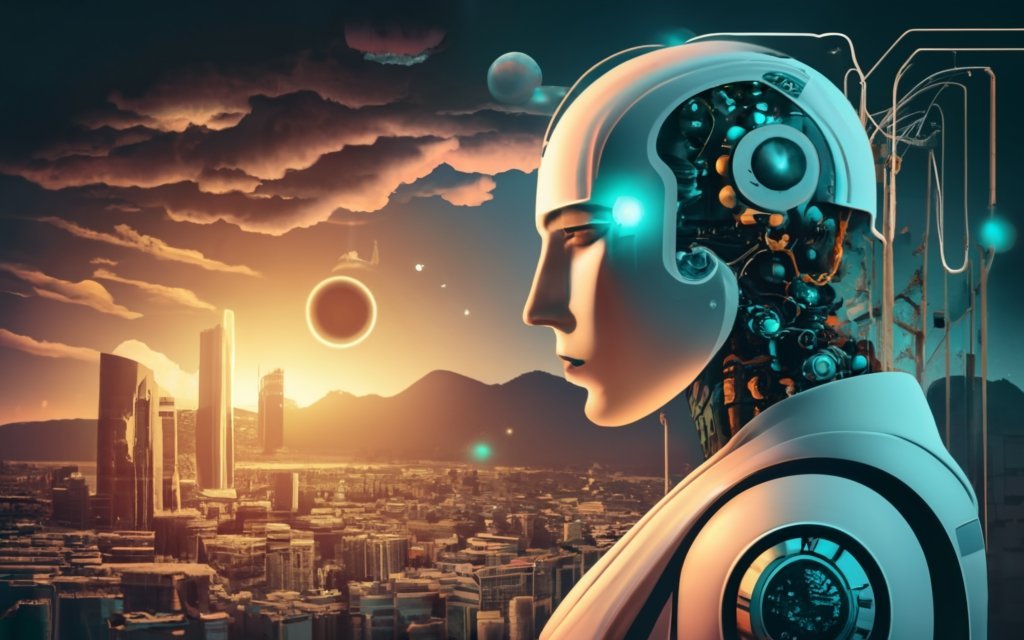
- Advancements in Computing Power
One of the primary drivers of AI’s rapid evolution is the exponential growth in computing power. Moore’s Law, which predicted a doubling of computing power every two years, has held true for several decades. This increase in computational capacity has enabled the development of more sophisticated AI algorithms and models.
- Big Data
The proliferation of digital data is another crucial factor. The vast amounts of data generated by individuals, businesses, and governments provide the raw material for training AI systems. Machine learning algorithms thrive on data, and the availability of big data sets has accelerated AI development.
- Algorithmic Innovations
Advancements in machine learning algorithms, particularly deep learning, have played a pivotal role in AI’s progress. Deep neural networks have demonstrated remarkable capabilities in tasks like image recognition, natural language processing, and reinforcement learning.
- Accessible Tools and Frameworks
The democratization of AI tools and frameworks has made AI development more accessible. Open-source libraries like TensorFlow and PyTorch have empowered developers and researchers worldwide to create AI applications.
Try this free file-sharing tool: Filifly: Share & Receive Files Between Devices Without Login/Account! Free File Sharing Website! Or you can try out filifly.com
II. Effects of Artificial Intelligence (AI) in Today’s World
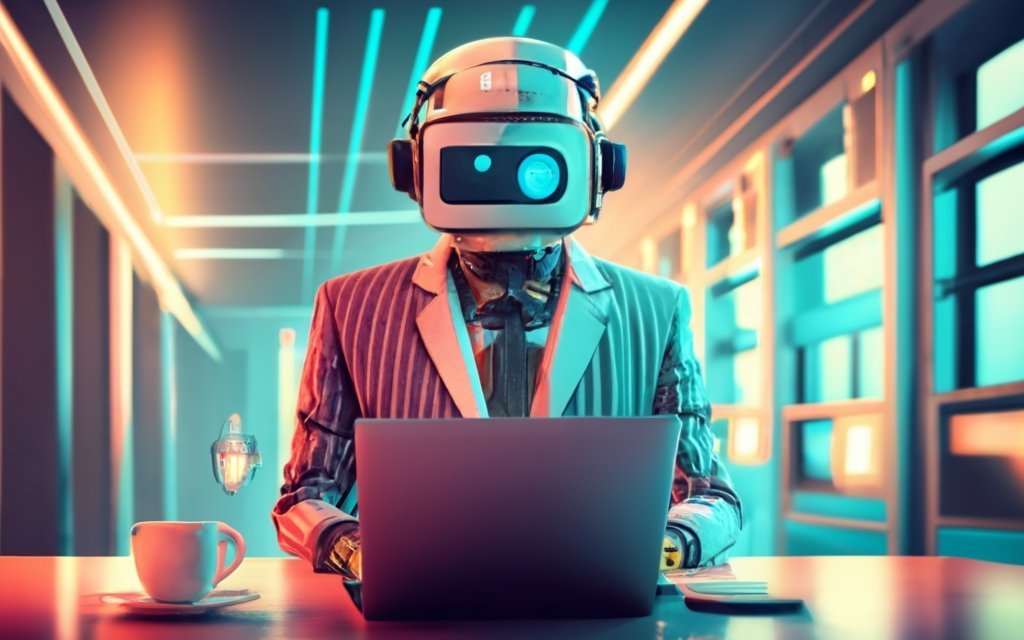
- Automation of Labor
Artificial Intelligence or AI has brought about significant changes in the workforce. While it has the potential to create new job opportunities, it has also led to concerns about job displacement. Routine and repetitive tasks are increasingly automated, impacting industries like manufacturing, customer service, and data entry.
- Enhancing Efficiency
Artificial Intelligence or AI systems are improving efficiency across various sectors. In healthcare, AI can help diagnose diseases, manage patient records, and optimize treatment plans. In agriculture, AI-driven precision farming techniques increase crop yields while reducing resource usage.
- Personalization and Recommendations
Artificial Intelligence or AI algorithms are behind the personalized recommendations we encounter daily on platforms like Netflix, Amazon, and social media. By analyzing user data, AI can tailor content and products to individual preferences, enhancing user experience and driving engagement.
- Healthcare Advancements
Artificial Intelligence or AI has ushered in a transformative era in healthcare, significantly impacting medical advancements. Predicting disease outbreaks and optimizing response strategies are crucial applications that aid in public health preparedness.
Furthermore, AI algorithms are driving drug discovery processes, expediting the identification and development of potential treatments. In surgical settings, AI-enabled robotic systems are enhancing precision and outcomes, ultimately saving lives and elevating the overall quality of patient care.
- Autonomous Vehicles
Self-driving cars, a pinnacle of AI innovation, hold the promise of revolutionizing transportation. By eliminating human errors, these vehicles can significantly reduce accidents and traffic congestion, ultimately saving countless lives and time for commuters.
Moreover, self-driving cars have the potential to transform the lives of individuals with disabilities, granting them newfound freedom and independence, as they can rely on autonomous vehicles for mobility, paving the way for a more inclusive and accessible world.
- Ethical and Privacy Concerns
Ethical and privacy concerns surrounding AI have become paramount in today’s world. The inherent biases present in AI algorithms, often reflecting the prejudices in their training data, have led to discriminatory outcomes in various applications, from hiring processes to criminal justice systems.
Moreover, the proliferation of surveillance technologies, often powered by AI, has raised alarms about individual privacy and civil liberties. As AI becomes more deeply integrated into society, responsible governance and transparent practices are imperative to ensure that its potential benefits do not come at the cost of fairness, equity, or personal freedoms. Striking the right balance between technological advancement and ethical considerations remains a significant challenge for policymakers, organizations, and society as a whole.
- Economic and Geopolitical Implications
Artificial Intelligence or AI has become a critical factor in economic competitiveness and national security. As nations recognize the transformative potential of AI, they are directing substantial investments into AI research and development to maintain their technological edge and foster innovation. The race for AI supremacy has led to intense global competition, with countries vying to lead in areas such as AI research, the development of AI-powered industries, and the establishment of regulatory frameworks.
Moreover, AI is increasingly integral to national security, with applications ranging from cybersecurity to autonomous defense systems. Thus, the strategic significance of AI in shaping economic prosperity and geopolitical influence cannot be overstated, making it a defining element of the 21st-century global landscape.
- Climate Change Mitigation
AI’s role in addressing environmental challenges extends to analyzing vast quantities of climate data, identifying patterns and trends that aid in predicting climate-related events, and informing mitigation strategies. AI-powered systems optimize energy consumption by managing and optimizing energy grids, thereby reducing emissions and promoting the use of renewable energy sources.
Furthermore, AI-driven urban planning tools assist in designing more sustainable cities and infrastructure by optimizing transportation networks, reducing traffic congestion, and enhancing resource efficiency. These applications of AI not only contribute to mitigating the effects of climate change but also offer innovative solutions to build a greener, more sustainable future.
- Education and Learning
AI-powered tools are revolutionizing education by offering personalized learning experiences tailored to individual students’ needs, allowing them to progress at their own pace. These tools not only provide valuable insights into students’ learning patterns but also assist educators by automating administrative tasks such as grading and record-keeping, freeing up more time for personalized instruction.
Furthermore, AI-driven teaching aids, such as virtual tutors and interactive simulations, engage students in dynamic and immersive learning experiences, making complex concepts more accessible and fostering a deeper understanding of subjects. This transformation in education holds the potential to enhance student outcomes, reduce educational inequalities, and prepare learners for a future where adaptability and critical thinking are paramount.
Final Words: The Impact of Artificial Intelligence
Artificial Intelligence has become an integral part of our lives, with both positive and negative consequences.
The causes of AI’s rapid growth, including advancements in computing, data availability, algorithmic innovations, and accessible tools, have paved the way for its widespread adoption.
The effects of AI are far-reaching, impacting industries, the workforce, healthcare, transportation, ethics, and more. As AI continues to evolve, it is essential to address its challenges responsibly while harnessing its potential for the betterment of society.
Share this article with your friends and community. Know more about Artificial Intelligence (AI) and the Future: How Artificial Intelligence (AI) is Revolutionizing Our World. If you are curious about how giant tech companies are competing about AI then know Google Bard: A New AI Chatbot By Google Launched Globally.
Latest Posts

